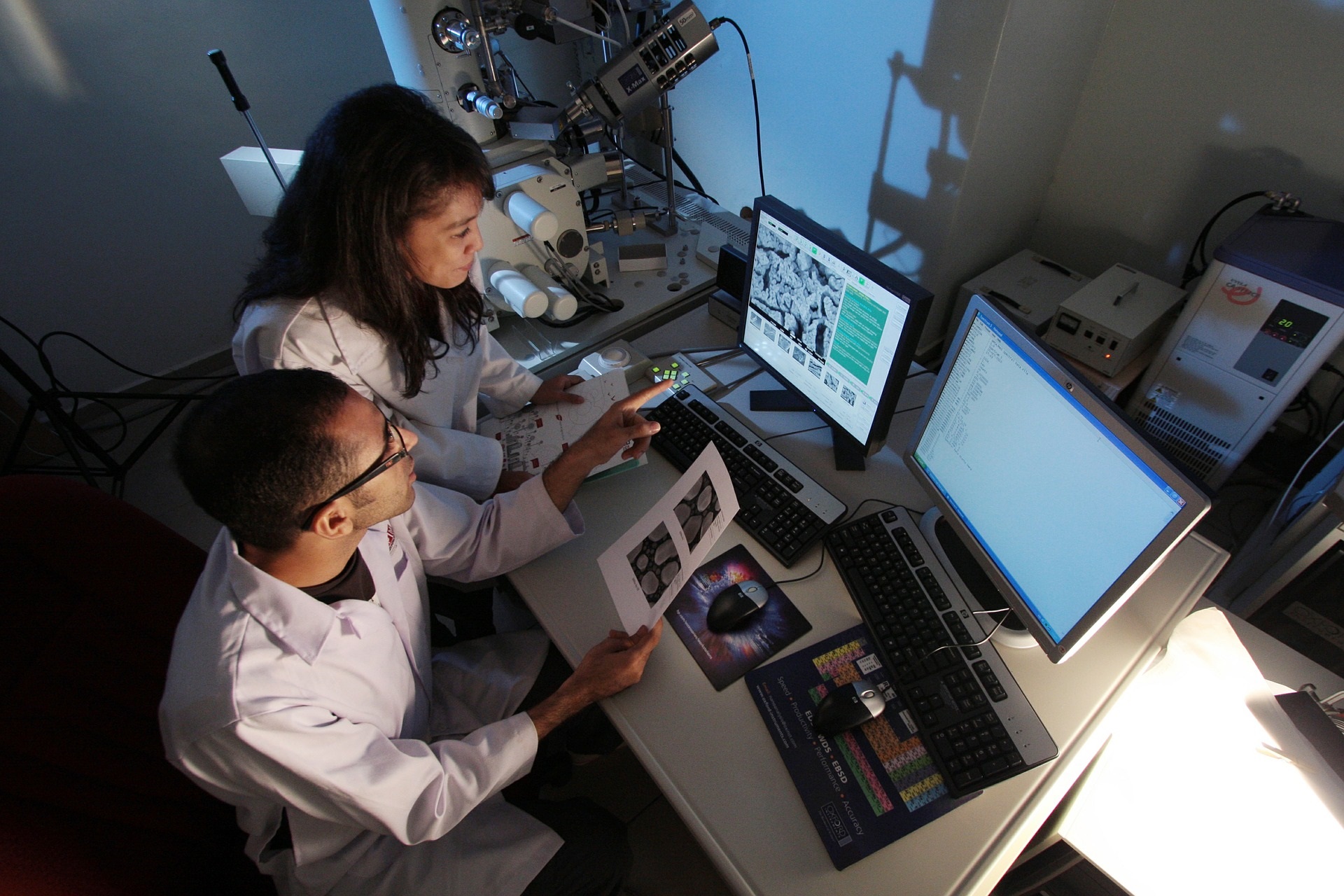Participate in a Mental Health Research Study

Participating in research is one of the best ways to improve mental health care. Often it helps individuals understand their own mental health conditions better and sometimes it provides medical care at no or a reduced cost. Informed consent, a process of ongoing communication between researchers and participants, ensures that volunteers are aware of all of the information necessary to make an decision about participating, including the study’s procedures, benefits and risks. Individuals always have the choice to leave a study at any time and for any reason.
If you live in the Washington Metropolitan area, there are several opportunities to join studies on youth mental health free of charge. A pediatric one (Protocol Number 01-M-0192 with Principal Investigator Daniel Pine, M.D.) is examining how the brain functions in children and adolescents with depression and/or anxiety. It is seeking boys and girls aged 8 to 17 to participate in research, including interviews (of particpants and one of their parents), brain imaging and computer-based problem solving and memory tasks, at the National Institutes of Health (NIH) Clinical Center in Bethesda, Maryland. Treatment is provided over eight weeks of outpatient visits and includes a physical examination.
Participants in the study meet with a psychiatrist or psychologist for two weekly sessions of talk therapy. If they remain anxious or depressed after that time, during the next eight weeks they may choose daily treatment with fluoxetine or once a week cognitive-behavioral therapy. Those who have not improved by the end of the study will be offered additional treatment for one to three months and assistance in locating subsequent aftercare. To find out if you qualify, call NIH at (301) 402-8225 [TTY: 1-866-411-1010].
A second NIH study (Protocol Number 02-M-0021 with Principal Investigator Ellen Leibenluft, M.D.) examining the causes of depression in teenagers is available to participants throughout the United States. Part of a larger study looking at irritability and mood dysregulation, one of its goals is to learn which treatments work best for depression. Medically healthy 12 to 17 year olds, who meet diagnostic criteria for major depressive disorder and are in treatment with a community provider or psychiatrist, are being recruited. To participate in the study, teens cannot currently be hospitalized, psychotic or suicidal.
If chosen, teenagers have the option to return anually for outpatient visits, including mood, memory and thinking tests, specialized computer games, and Magnetic Resonance Imaging scans, until they turn 25. Based on clinical judgment, some participants may be eligible for inpatient treatment stays of four to fifteen weeks while others may participate as day treatment patients, both of which provide schooling. The study includes standard treatment with cognitive-behavioral therapy and medication, along with interviews and brain imaging. The teenagers will be compensated for research participation, to which both they and their parents must agree and which will take place at NIH in Bethesda. Transportation expenses are reimbursed by the National Institute of Mental Health (NIMH). To find out if you qualify, call NIMH at (301) 496-8381 [TTY: 1-866-411-1010].
To locate studies in your area or to find ones on a particular mental health topic, visit Mental Health America’s website at http://www.mentalhealthamerica.net/understanding-clinical-trials.